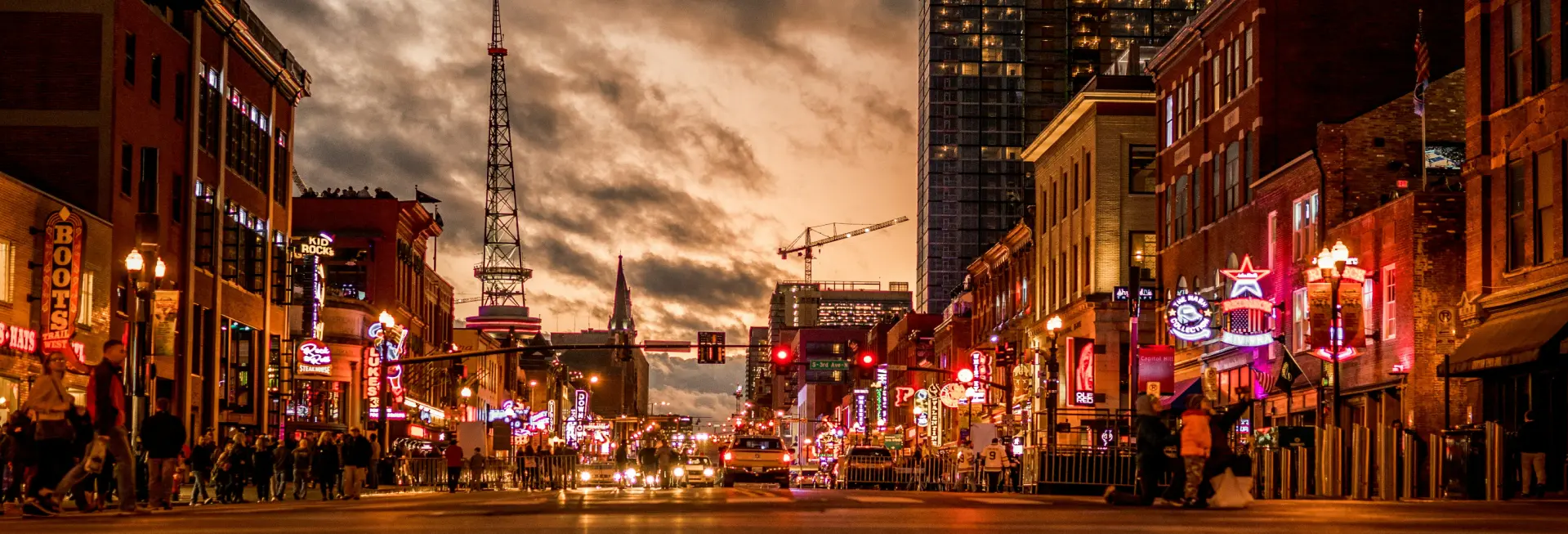Difference Between White-Collar and Blue-Collar Crimes
Just as we classify jobs as being white-collar or blue-collar positions, the same applies to criminal offenses. Whereas white-collar crimes are associated with wealthier individuals, blue-collar crimes are most often associated with those in poverty.
Although white-collar crimes are characterized as being non-violent, the penalties imposed are no less severe. Keep reading to learn about common white-collar and blue-collar crimes and how the investigation process differs between the two categories.
What is White-Collar Crime?
A white-collar crime is a non-violent offense that is usually performed for financial gain or for one’s personal advantage. White-collar crime is often associated with businesspersons, government officials, and those in positions of authority or power. White-collar crimes are difficult to detect, since the acts may happen over the course of time, not in one fatal swoop like in a blue-collar crime.
Common examples of white-collar crime include:
- Mortgage fraud
- Embezzlement
- Identity theft
- Cyberstalking
- Medicare fraud
- Money laundering
- Intellectual property theft
What is Blue-Collar Crime?
The term “blue-collar” is derived from the early twentieth century when working class individuals wore darker colored clothing. Manual laborers, factory workers, and anybody who performs a skilled trade are considered to hold a blue-collar position. In the same vein, blue-collar crime is associated with individuals with a lower socio-economic status.
Common blue-collar crimes include:
- Murder
- Armed robbery
- Rape
- Drug offenses (i.e., possession, distribution, or trafficking)
- Prostitution
- Vandalism
- Sexual assault
Who Investigates White-Collar Crimes?
The FBI plays a major role in investigating white-collar crimes. Since white-collar crimes can rob innocent people of their life savings, the FBI has partnered with other government agencies, including the Securities and Exchange Commission, Internal Revenue Service, and the Treasury’s Financial Crimes Enforcement Network (FinCEN), to investigate suspects.
With many white-collar crimes being computer-based, many offenses occur across state lines. This often results in federal charges being levied against a defendant. Federal charges will be prosecuted in federal court. Federal sentencing is characterized by harsher penalties, meaning longer prison sentences and steeper fines than if the case was tried in state court.
Who Investigates Blue-Collar Crimes?
Blue-collar crimes are typically investigated by local law enforcement. There is a crime scene, meaning that forensic evidence, including blood, semen, and fingerprints, will be collected, and data will be analyzed to determine who committed the crime.
With physical evidence readily available, the investigation process often does not demand the resources and depth that a white-collar crime requires. Accordingly, blue-collar criminal cases can move through the court system more quickly than white-collar crimes.
Speak with our Nashville, TN, Criminal Defense Attorney Now
The moment you realize that you are under criminal investigation is the moment you need to speak with a criminal defense attorney. Even though white-collar crimes are more difficult to detect, federal agencies are sure to leave no stone unturned. To speak with our Nashville, TN, criminal defense attorney, contact Andrew C. Beasley, PLLC, today by phone or by filling out our online form. We offer clients reliable representation 24 hours a day, seven days a week.
